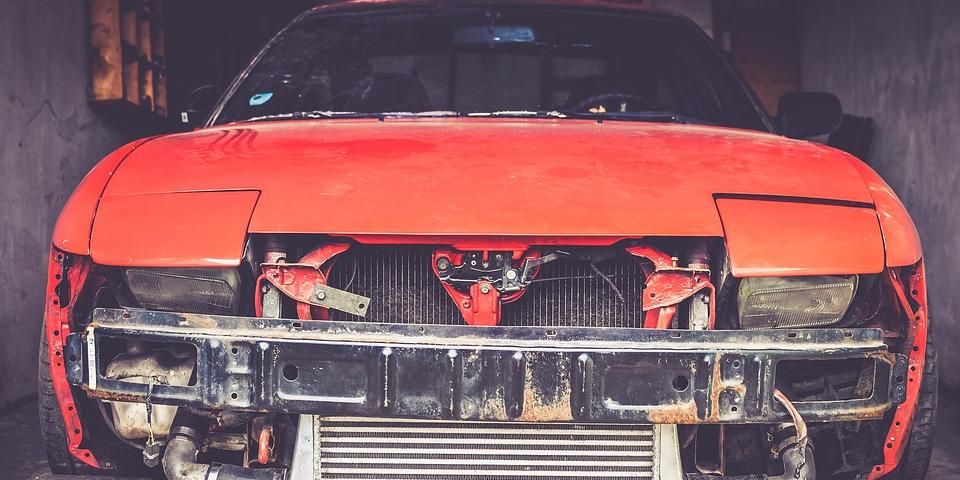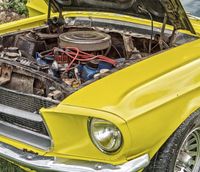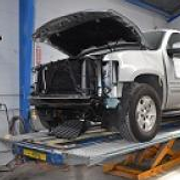Guide to Aftermarket Parts Used in Auto Body Shop Repairs

When a car is involved in an accident, both the insurance company and the auto body shop have the option to use aftermarket parts in repairs. Aftermarket parts, also called generic parts, describe parts not made by the vehicle’s original manufacturer.
The use of aftermarket parts in car repairs is becoming more and more common. However, some car owners have reservations based on preconceptions about their quality and safety. If you drive a car, read on to learn a few important facts about aftermarket parts.
Benefits Of Aftermarket Parts
The most obvious benefit to using aftermarket parts is the cost savings, as they’re significantly cheaper than parts made by most original manufacturers. When aftermarket parts are used in repairs, insurance companies save on costs, which allows consumers to pay less for insurance.
The fact that they’re cheaper than original  parts doesn’t mean aftermarket parts are less safe. When parts are CAPA (Certified Automobile Parts Association) certified, there’s no question they possess both quality and safety. Aftermarket parts have longer warranties and are always readily available, so owners won’t have to wait long for a replacement. This is particularly useful for older car models with rare parts.
parts doesn’t mean aftermarket parts are less safe. When parts are CAPA (Certified Automobile Parts Association) certified, there’s no question they possess both quality and safety. Aftermarket parts have longer warranties and are always readily available, so owners won’t have to wait long for a replacement. This is particularly useful for older car models with rare parts.
Talk To Your Insurance Company & Auto Body Shop
It’s always safer to talk to the insurance company if a consumer has concerns about using aftermarket parts. Inquire about the policies in place, as well as if the company follows state laws that govern the use of aftermarket gear. Ultimately, it’s up to the consumer whether or not aftermarket parts can be used for the repair.
C & H Body Fender is a professional collision repair and auto body shop that has been serving customers in the heart of Honolulu, HI, for 30 years. Their trusted mechanics are licensed to work on all makes and models of domestic or foreign cars. For superb auto paint or dent repair, call C & H Body Fender at (808) 841-3618, or visit their website to learn more.
About the Business
Have a question? Ask the experts!
Send your question

